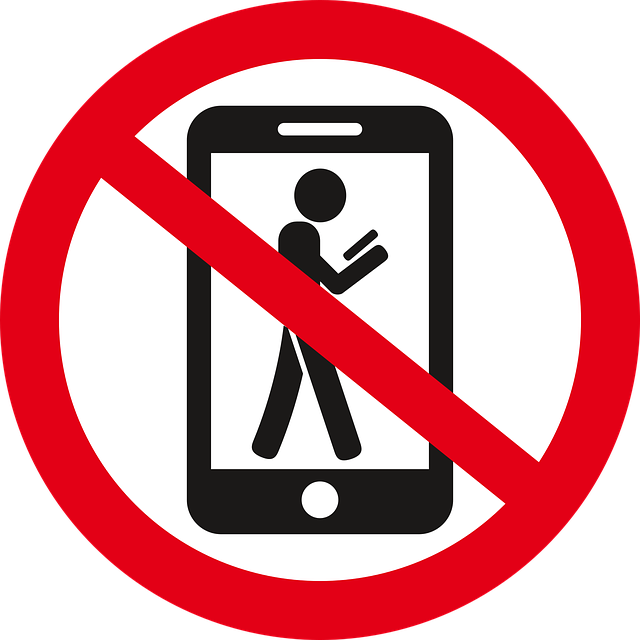In North Carolina, evolving "do not call" laws now encompass digital communication methods, posing new challenges for consumers and businesses. Do not call lawyers NC and attorneys are crucial in navigating this landscape, ensuring compliance and protecting clients' privacy rights against unwanted sales pitches through specialized expertise and proactive measures.
“In the digital age, the traditional ‘Do Not Call’ laws in North Carolina are facing unprecedented challenges. With the rise of advanced communication methods, this article explores the evolving landscape of these regulations and their impact on residents and businesses alike. We delve into how digital communication has transformed the way Do Not Call laws are perceived and enforced, specifically focusing on the perspective of NC’s legal community. Furthermore, we offer practical strategies for lawyers, attorneys, and law firms to navigate these changing rules, ensuring compliance and client protection.”
Understanding the Evolving Landscape of Do Not Call Laws in North Carolina
In North Carolina, like many other states, “do not call” laws have evolved significantly with the advent of digital communication. Traditional telephone calls now share space with emails, text messages, and social media notifications, making it increasingly complex for consumers to control unwanted communication. The North Carolina General Assembly has been actively engaged in updating legislation to reflect these changes, ensuring that residents can still enjoy peace and quiet at home and work without relentless sales pitches.
This shift is particularly notable among the many do not call lawyer NC firms operating in the state. As do not call attorneys NC navigate this new landscape, they must stay abreast of changing laws and regulations to effectively serve their clients. Whether representing individuals or businesses facing violations, a reputable do not call law firm NC plays a crucial role in safeguarding communication preferences in the digital age.
Digital Communication's Impact on Do Not Call Regulations
In the digital age, traditional communication methods have been significantly disrupted, leading to a corresponding evolution in consumer protection laws like the Do Not Call regulations. The rise of digital communication channels such as email, social media, and mobile apps has made it easier for businesses to reach consumers, but it has also created new challenges for enforcement. With just a few clicks, companies can now contact individuals en masse, potentially violating do not call lists and causing consumer frustration.
This shift in communication dynamics necessitates an update to the current Do Not Call laws, especially in states like North Carolina, where strict regulations are in place. Do not call lawyer NC, do not call attorneys NC, and do not call law firms NC specializing in these matters can play a crucial role in navigating this evolving legal landscape. They must stay abreast of changes to ensure compliance for their clients while also advocating for consumers’ rights to peaceful enjoyment of their personal space, both online and offline.
Preparing for the Future: Strategies for Lawyers and Law Firms in NC to Navigate Changing Rules
As NC’s do-not-call laws evolve to keep pace with digital communication advancements, lawyers and law firms must prepare for a future where compliance is more complex than ever. To stay ahead, legal professionals should invest in comprehensive training on emerging regulations, ensuring their teams understand the intricacies of new rules related to automated calls, text messages, and social media outreach. Implementing robust client data management systems that allow for precise tracking and categorization of contacts will be crucial for effective do-not-call list maintenance.
Additionally, staying informed about industry best practices and keeping up with legal updates through reputable sources will empower NC’s legal community to provide guidance to clients navigating the changing landscape. Engaging in proactive measures, such as reviewing and updating privacy policies and consent forms, will help lawyers and law firms maintain compliance while ensuring their clients’ rights are protected in this new era of digital communication.






